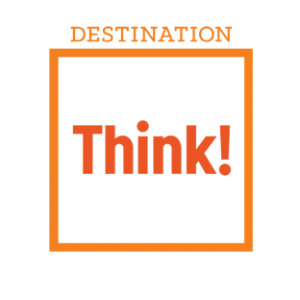The first morning of the SMX conference included a session by Comscore, Hitwise and PhoCusWright researchers. Overall, this session lacked a bit of depth. But some trends that you observe in other areas were discussed as part of this “How consumers use search in travel” session.
One area was the move from Online Travel Agents and other 3rd party websites to supplier websites. More consumers go to supplier direct websites after a search.
Some interesting data I noted from Comscore’s James Lamberti:
- In travel, 40% of consumers select a PPC ad vs organic results (12% of total search traffic). A further breakdown would be interesting. For example, how does that compare for accommodation, air, transportation, attractions, destinations etc.
- 88% sales occur more then 60 days after the first time al search was conducted related to the purchase.
And from Hitwise’s Bill Tancer:
- 32% of travel website traffic is referred by a search engine.
- 35% of traffic in the travel category is for maps, 21% air, 10% accommodation, 10% destinations, 10% olta’s
Bill also mentioned that the demographic profile for website visitors “changes frequently”. I’d like to learn more about that, but it could have been part of a sales pitch to subscribe to their service.
and from Chris Sherman (PhoCusWright):
- 12%-17% of searches on a Meta Search Engine leads to a conversion (vs. 1-2% on a generic search engine)
The answers to the questions from the audience wasn’t great. Bill and James obviously travel the conference circuit to create interest into their service with canned presentations. Their knowledge of a specific vertical isn’t necessarily deep.
The “Optimizing the Paid/Organic Mix” session also contained some nuggets of information. It did delivered one aha moment for me, but opposite to the presenter’s point. The point was that 67% of searches are a result of offline influences. That includes TV, print, word-of-mouth, etc. Offline is obviously important was a conclusion. Is it though? People have to learn about something somewhere, and it includes word-of-mouth. What’s more intriguing to me is that 33% of searches were a result of online exposure. A third of people essentially become aware of something online. That’s huge. I’d like to see that trended over time.
David Zuls from Hawaii Online Advertising wasn’t the best speaker, but he did provide very good content. He knew his stuff, but suffered from a lack of time and too many things he wanted to share. He presented a way to look at search keywords and derive a whole range of intelligence from it. A geographic location, a type of accommodation or experience, a brand, etc. By mining this data, you can be more intelligent about your marketing activities. What activities are combined with destinations, for example.
Another one from David was about navigational search. People use search engines to get to a specific website. A search for a brand name is often just a search to find the brand website. Most companies include their brand name in PPC campaigns, even though they’re #1 in the search engine. This could be smart or expensive to get visitors you would get anyways. You should test the effect of not buying these keywords and applying your resources elsewhere. The overall effect could be better.

